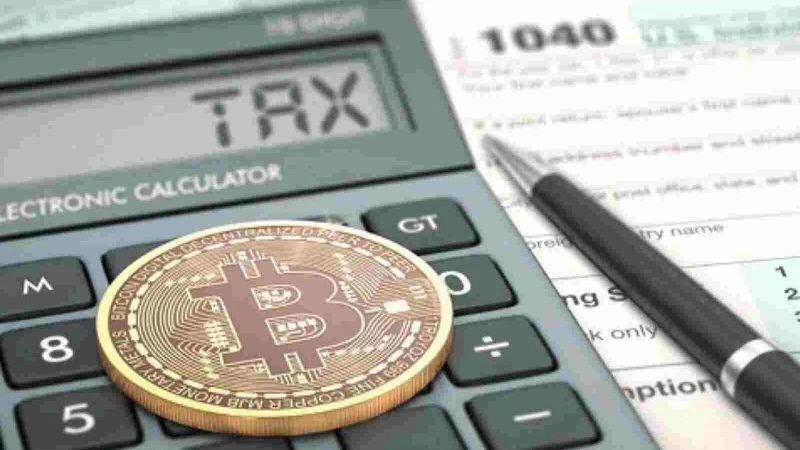Crypto Tax Malaysia: Legal and Regulatory View on Spending Your Digital Assets
Understanding Crypto Spending Through a Legal Lens in Malaysia
Even if cryptocurrencies are digital in nature, legal and regulatory agencies are nonetheless keeping an eye on them, particularly when it comes to taxation. Understanding your legal responsibilities with cryptocurrency expenditure is crucial to maintaining compliance with Malaysia’s changing crypto tax Malaysia.
Let’s examine what is now understood, where there are ambiguities, and how the law interprets your Ethereum profits and Bitcoin purchases.
The Legal Standing: Is Crypto Spending Taxable in Malaysia?
The short answer: potentially, yes — depending on the nature and frequency of your transactions.
Malaysia doesn’t currently impose a capital gains tax, which is good news for long-term holders. However, that doesn’t mean crypto is tax-free. The Inland Revenue Board of Malaysia (LHDN) has clarified that profits derived from cryptocurrency transactions may be taxable, especially if they are viewed as business income.
From a legal standpoint, crypto isn’t recognized as legal tender, but it is treated as an asset or property. So, when you spend crypto — by transferring it, exchanging it, or using it to buy goods or services — you’re legally “disposing” of an asset, which can have tax consequences.


What the Law Says About Crypto Transactions
LHDN has not yet released a dedicated crypto tax framework. Instead, it evaluates transactions based on existing tax laws, particularly those governing business income and asset disposals.
Here’s how different scenarios are legally viewed:
- Casual Holding or Investing: If you’re buying and holding crypto without frequent trading or usage, it may not be taxed under current Malaysian law — thanks to the absence of capital gains tax.
- Trading or Earning Crypto: If you’re frequently trading, mining, staking, or participating in DeFi and earning yields, the LHDN may classify this as business income, making it taxable under the Income Tax Act 1967.
- Spending Crypto: When crypto is used to pay for goods or services, it’s legally seen as an asset disposal. If the asset has appreciated in value since you acquired it, the gain from that disposal could be interpreted as income, subject to tax — especially if done repeatedly.


Business vs. Personal Use — The Regulatory Distinction
Malaysia’s legal approach hinges on intent and pattern of use. You don’t need to be a registered company to be considered as running a “business” in the eyes of the tax authority.
LHDN will consider factors such as:
- Frequency of transactions
- Amounts involved
- Source of crypto assets (e.g., mining, staking)
- Purpose of transactions (personal vs. commercial)
Even if you think you’re just a hobby trader, frequent activity could lead to your actions being deemed taxable business activity.


Where the Legal Grey Areas Remain
Malaysia’s lack of crypto-specific legislation leaves a lot of room for interpretation. For example:
- There’s no official threshold that defines “frequent trading.”
- The tax treatment of NFTs, DeFi protocols, and airdrops remains vague.
- Cross-border crypto transactions, including spending or transferring funds to wallets outside Malaysia, may raise additional scrutiny in the future.
While this gives users some temporary flexibility, it also means you bear the risk if the tax authority retroactively applies a stricter interpretation during an audit.


Legal Best Practices for Crypto Users in Malaysia
To stay on the right side of the law:
- Document everything — Keep clear records of all your transactions, including dates, asset values at the time, wallet addresses, and the purpose of each transfer.
- Track cost basis — Knowing how much you paid for your crypto will help determine if there’s a gain or loss upon spending.
- Consult a tax advisor — Especially if your crypto activities go beyond casual holding.
- Treat crypto-fiat conversions carefully — Cashing out into Malaysian Ringgit may also be considered a taxable event.
Crypto Tax Malaysia: Legal Compliance Today for Peace of Mind Tomorrow
The regulatory stance on crypto tax Malaysia is dynamic, with more guidance expected as adoption grows. What seems safe now may become taxable later — and lack of awareness won’t be an excuse in an audit.
While crypto brings financial freedom, it also brings legal responsibilities. Whether you’re spending, trading, or earning, understanding how the law views your digital asset behavior is critical. As the LHDN continues tightening oversight, staying compliant is not just smart — it’s necessary.
Bottom Line: Treat your crypto wallet like a bank account — because one day, the tax office probably will too.
Relevant Link : Here




